Education has undergone rapid transformations in recent years, driven by technological advancements, globalization, and evolving societal needs. These changes present both challenges and opportunities, shaping the future of learning. This article explores the key aspects of modern education and its impact on learners and educators alike.
Challenges in Modern Education
- The Digital Divide: While technology has made education more accessible in many areas, a significant number of students worldwide lack access to devices and reliable internet connections. This digital divide creates inequality and limits opportunities for students in underprivileged communities.
- Mental Health Struggles: The increasing pressure to perform academically has contributed to rising levels of stress, anxiety, and burnout among students. Schools often lack the resources to adequately address mental health concerns, leaving many students without proper support.
- Overemphasis on Standardized Testing: The focus on standardized testing often narrows the curriculum and discourages creativity. Students are frequently taught to pass tests rather than to develop critical thinking and problem-solving skills essential for real-world success.
Opportunities in Modern Education
- Technological Innovations: Advancements in technology, such as virtual reality (VR), artificial intelligence (AI), and adaptive learning platforms, have revolutionized the way students learn. These tools provide personalized learning experiences and make education more engaging.
- Global Learning Communities: Online platforms enable students to connect and collaborate with peers from different parts of the world. This global interaction fosters cultural understanding and prepares learners to thrive in an interconnected world.
- Flexible Learning Models: Hybrid and online education models offer flexibility for learners, making it possible for individuals to balance education with work or other responsibilities. This approach also supports lifelong learning, allowing people to upskill throughout their careers.
The Role of Educators
Teachers remain central to the success of modern education. As the landscape evolves, educators must adapt by embracing new methodologies and tools. Professional development programs are essential to help teachers integrate technology effectively and create inclusive classrooms that cater to diverse learning needs.
Conclusion
Modern education is a dynamic and ever-evolving field that reflects the changing needs of society. By addressing its challenges and leveraging its opportunities, we can create an education system that prepares learners for the complexities of the future. With a focus on innovation, inclusion, and adaptability, modern education has the potential to empower individuals and drive progress on a global scale.




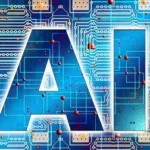
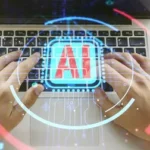

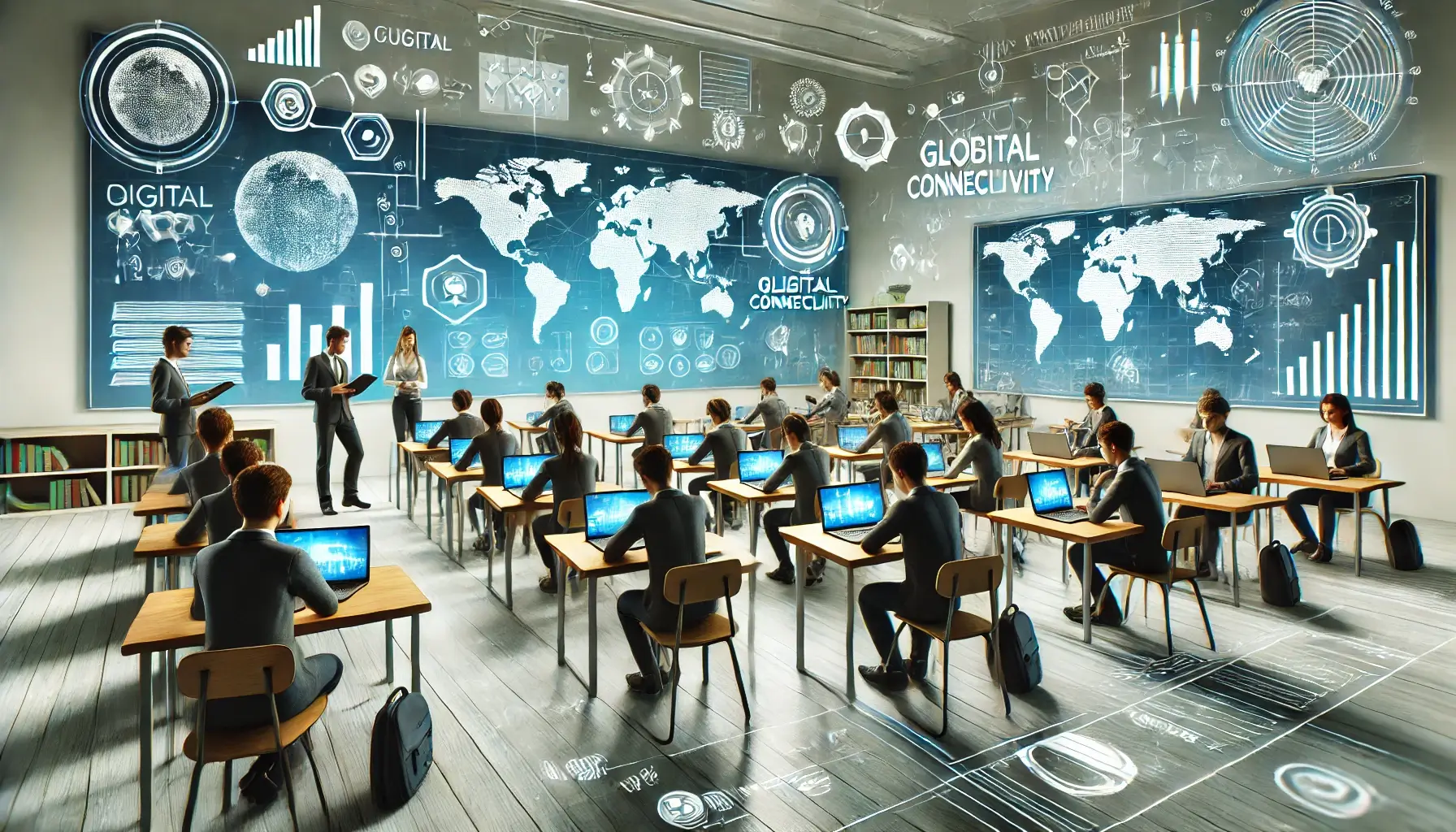






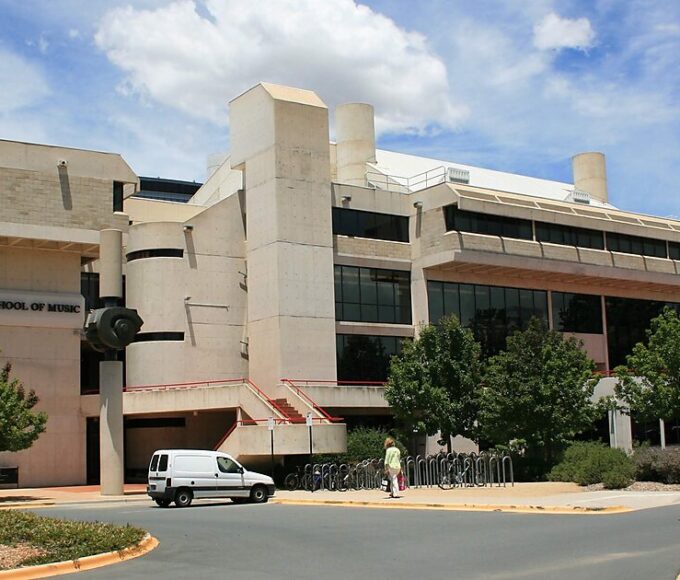
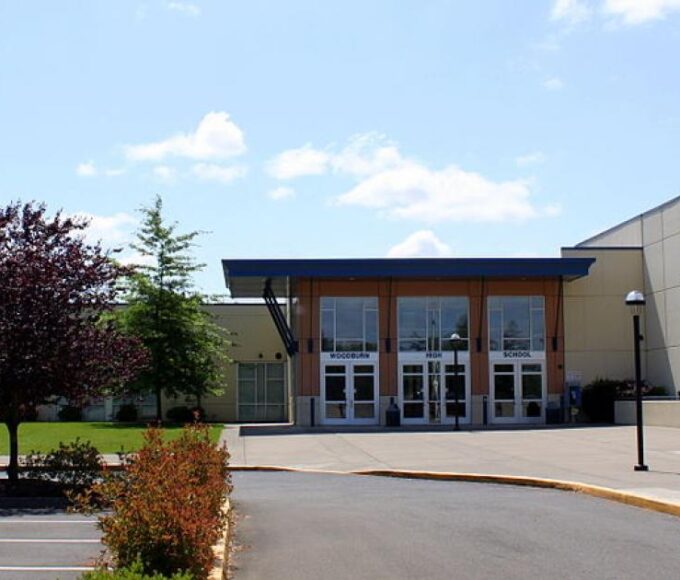
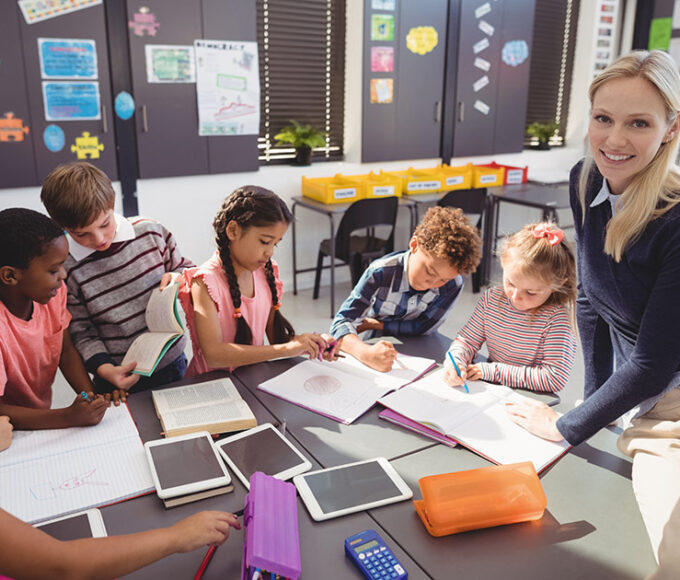
Leave a comment